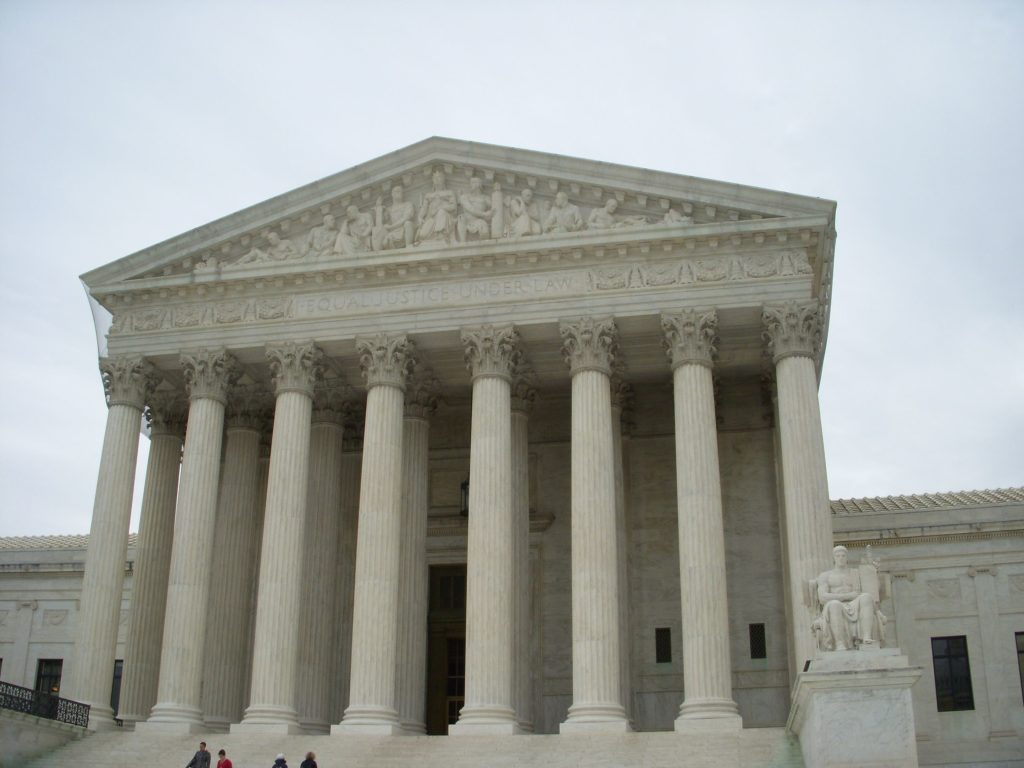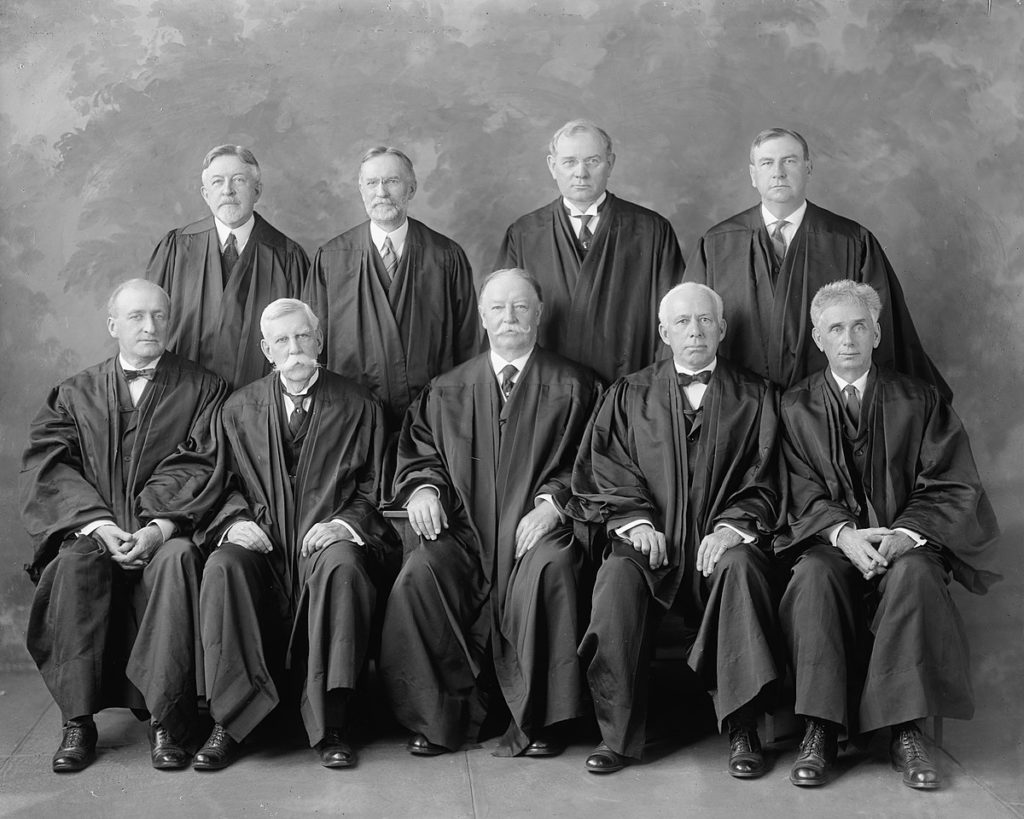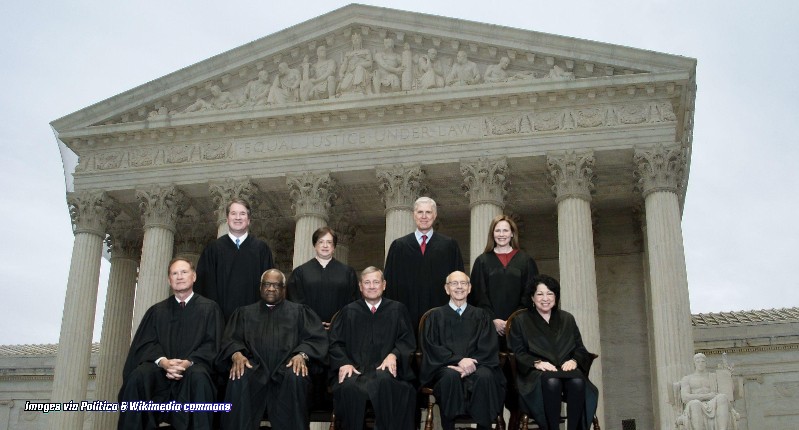Supreme Court reforms | OGM News– Senator Richard Blumenthal (D-CT) has called for major changes to the Supreme Court in response to concerns over perceived ethical lapses and eroding public trust in the judicial branch. In a recent appearance on MSNBC’s “Morning Joe,” Blumenthal expressed grave concerns about the court’s credibility, stating, “The Supreme Court has no code of ethics, uniquely among the branches of government.”
Blumenthal emphasized the importance of trust in the judicial system, arguing that the court’s orders are obeyed because of its credibility. He accused certain justices, notably Samuel Alito and Clarence Thomas, of squandering that trust through their alleged actions and associations, which he believes have compromised the court’s impartiality.
Supreme Court reforms: Demands for Inspector General and Recusals
One of Blumenthal’s key proposals is the establishment of an inspector general to oversee the judicial branch, similar to other government agencies. He asserted that this measure would help ensure that justices adhere to their own rules and maintain ethical standards. The senator cited Justice Alito’s display of a “distress” flag outside his home after the 2020 election as an example of concerning behavior.
Additionally, Blumenthal called for Justices Alito and Thomas to recuse themselves from cases involving former President Donald Trump, including the pending case regarding Trump’s immunity. The senator argued that their perceived associations with Trump and the January 6th events preclude their impartial judgment in such matters.
Chief Justice’s Role Amidst Concerns for Supreme Court reforms
Blumenthal framed the issue as a bipartisan concern, transcending party lines, and urged Republicans and Democrats to come together to address the erosion of trust in the judiciary. He emphasized that the credibility of the Supreme Court is plummeting and called for Chief Justice John Roberts to take decisive leadership in restoring public confidence.

“Chief Justice Roberts has to tell these justices that they have no business sitting on the court,” Blumenthal stated, referring to Alito and Thomas. He argued that their alleged connections to the January 6th events disqualify them from adjudicating related cases impartially.
Ethics Reform and Public Trust
Blumenthal’s remarks underscore the growing calls for ethical reforms within the Supreme Court. He cited the lack of a formal code of ethics for justices as a significant issue, contrasting it with other government agencies. The senator positioned his proposals as necessary steps to rebuild public trust in the judicial branch and uphold the principles of impartiality and integrity.
In a column published on September 25, 2023, in the Missouri Independent, John A. Tures highlighted a concerning issue regarding the declining public confidence in the court and the need to initiate a Supreme Court reforms. He emphasized that this erosion of trust is not primarily due to the court’s rulings but rather stems from the conduct of individual justices and the process by which they are selected.
Tures warned that without implementing serious judicial reforms, the widespread mistrust in the nation’s highest court could trickle down to lower levels of the judiciary, potentially leading to dire consequences that cannot be ignored. He cited a recent Gallup poll conducted by Jeffrey M. Jones, which found that the Supreme Court’s approval rating among Americans had plummeted to 40%, a significant drop from the 60% approval rate recorded in 2000.

Critics and Counterarguments for Supreme Court reforms
While Blumenthal’s statements have resonated with those concerned about the court’s perceived ethical lapses, others have criticized his proposals as overreaching or politically motivated. Proponents of judicial independence have cautioned against measures that could undermine the court’s autonomy or be perceived as attempts to influence its decisions.
The debate over Supreme Court reforms and ethical standards is likely to continue, as the institution’s credibility remains a subject of intense scrutiny and public discourse.














